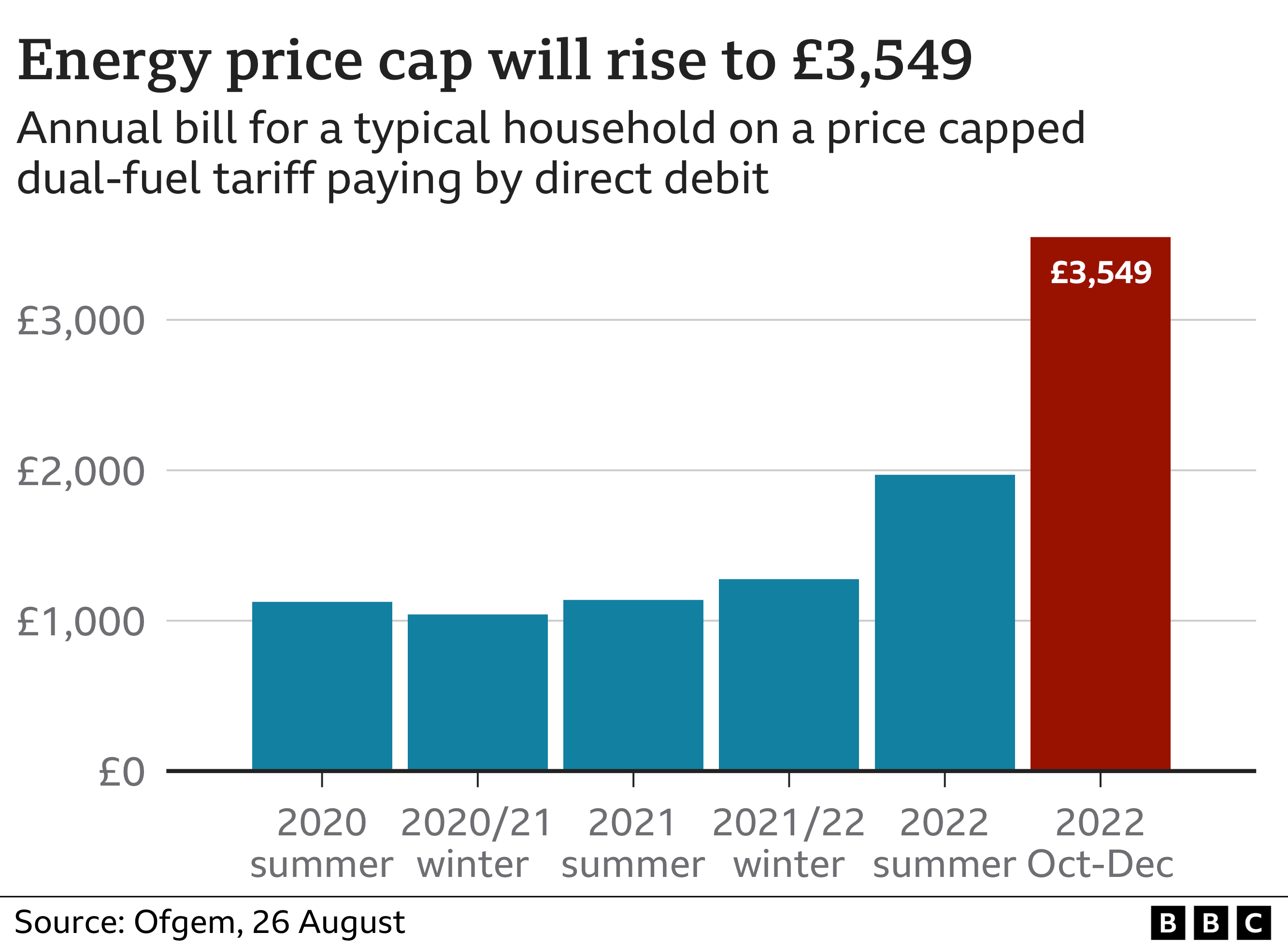After a lockdown that planted much of the world’s workforce in their homes, the working from home ‘fad’ has proven to be anything but. Now it’s seen as largely abnormal for companies to expect their employees in the office five days a week. Working from home has shifted from a placeholder solution to a permanent workplace system, and it’s not all sunshine and rainbows. In fact, the new culture of home working might be costing you much more than you think.
We already know the benefits of working from home, and a big chunk of them have to do with saving money. Eliminating travel costs and avoiding overzealous lunch purchases certainly sweeten the pot for those less inclined to return to the office. In fact, the average UK employee could see £576 in savings if they only commute to work three days instead of five.
And it’s not just the employees who see these cost benefits. Less employees physically in the office means less space is required, leading to a number of companies downsizing their real estate to better accommodate smaller staff populations.
Whilst there is a general assumption that working from home is the most beneficial option cost-wise, this is all going to change. The new work culture is going to be a lot more expensive than you think. We predict that many employees may be better off spending more time back in the office from late September onwards. The unprecedented rise in energy costs are going to hit home hard.
Those 50+ hours a week, where you could leave the house and come back in the evening, would instead be spent with you boiling the kettle, having the fans on, the central heating on on cold days, televisions and radios in the background, the laptops and computers all plugged into your sockets – draining you of money.
The continual rising energy price caps, which have been announced to rise to £3549 in October and could further rise to anything up to £5386 by January 2023, will be a wake up call and may end or curtail the work from home culture. Even before the price cap volatility, winter energy prices have been a concern for home workers. In November 2021, 49% of 1,900 workers surveyed stated that they were considering returning to the office full time to reduce their domestic energy bills.

The work from home system is even more expensive for the companies themselves. Their cost of energy per head has now skyrocketed as they carry on powering the buildings, lighting and HVAC systems as they did pre-pandemic, with no considering that many have as low as 2% occupancy rates. In essence, all we are doing is adding more strain to the energy market. Don’t be surprised if you’re all asked to work from home, as non-essential buildings get shut down in January to conserve energy. We are going to see heavy manufacturing close down, we are going to see breweries close down. Any operations that use excessive energy will be shut down by the government should we not be able to control our energy usage.
Adding to this pressure, there is no energy cap for commercial buildings, meaning energy companies can increase their rates when they see fit, something that has been happening exponentially in the wake of Covid-19 and the Russian invasion of Ukraine. Now, commercial buildings are seeing energy cost increases by over 400%, leading to many calling for a complete overhaul of building management systems, for better efficiency and more accurate occupancy reporting. In October 2021, 30% of small and medium-sized enterprises were considering closing their offices for the winter as a result of a 250% energy costs increase. For winter this year, that number will undoubtedly be even higher.
Working from home is certainly a double-edged sword. Yes, travel costs are mitigated. Yes, things are a bit more relaxed. Yes, it’s nice to work in your pyjamas. But do these benefits really outweigh the more hidden costs for employees and business? Many would say they do, but more and more workers are turning back to the office – for collaboration, for socialisation, and for their wallets.

Share your thoughts
No Comments
Sorry, the comment form is closed at this time.